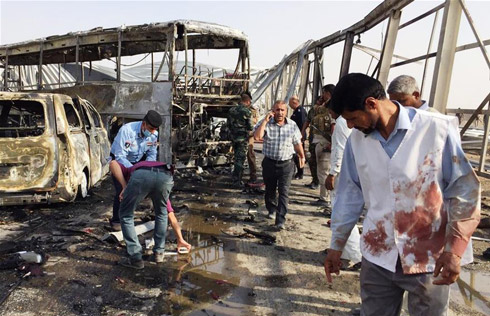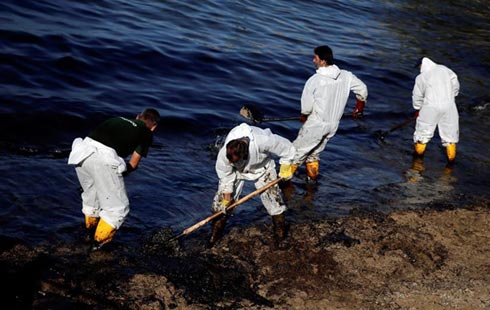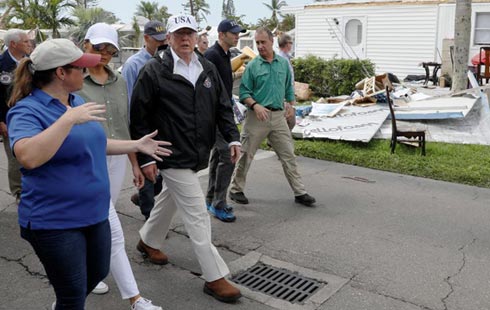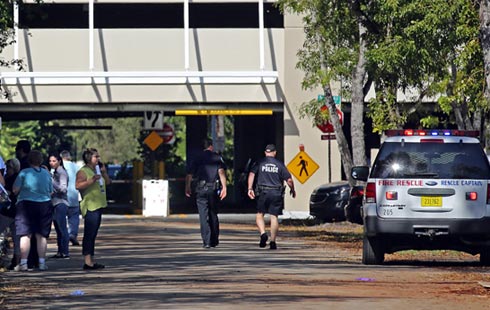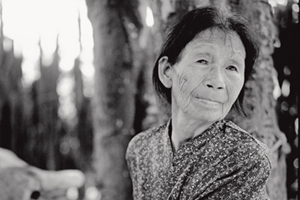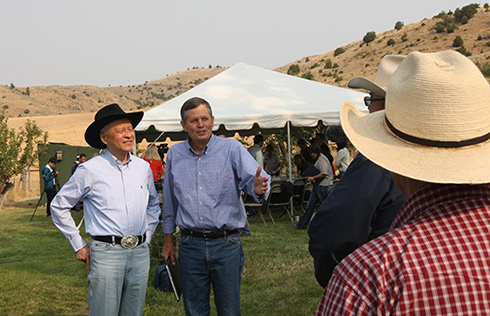Beijing forum spurs hopes for Six-Party Talks resumption
Diplomats from countries involved in the stalled Six-Party Talks on the Korean nuclear issue are expected to convene at a gathering in Beijing this week.
Experts said that although it is not clear if the six nations will have in-depth contacts or consultations during the meeting, the gathering gives hope for a resumption of the talks.
The diplomats will meet at a forum on Northeast Asian security.
The Six-Party Talks between China, the United States, Japan, Russia, the Democratic People's Republic of Korea and the Republic of Korea stalled in 2008.
Beijing hosted two international seminars on the talks in 2013 and last year, but not all the six countries sent key officials to attend.
Choe Son-hui, deputy director-general of the DPRK Foreign Ministry's US Affairs Bureau, arrived in Beijing on Monday, the Seoul-based Yonhap News Agency reported.
Chinese Foreign Ministry spokeswoman Hua Chunying confirmed that key diplomats from all six countries, including Choe and China's special representative for Korean Peninsula affairs Wu Dawei, will attend the 26th Northeast Asia Cooperation Dialogue on Wednesday and Thursday.
Other diplomats attending the forum include the US State Department's Special Representative for DPRK Policy, Sung Kim; and Kim Gunn, the Republic of Korea's deputy chief nuclear envoy.
Zhang Liangui, an expert on Korean studies at the Party School of the Central Committee of the Communist Party of China, said, "The most important contacts of officials on the sidelines and at the venue — if there are any — will be those between the DPRK and the US."
Liu Qing, a researcher at the China Institute of International Studies, said that with the Six-Party Talks stalled, "there is no other multilateral mechanism to replace the talks in Northeast Asia", and some parties involved are looking to tweak policies.
Liu Jiangyong, deputy dean of the Institute of Modern International Relations at Tsinghua University, said the stalled talks have reduced the chances of detente and given rise to military means to resolve the issue.
The Northeast Asia Cooperation Dialogue is co-hosted by the China Institute of International Studies and the Institute on Global Conflict and Cooperation at the University of California.




